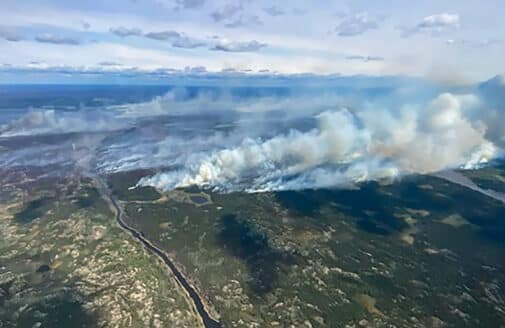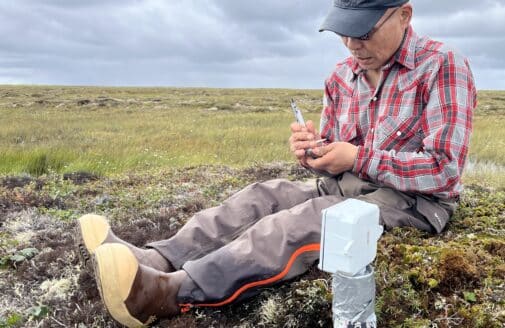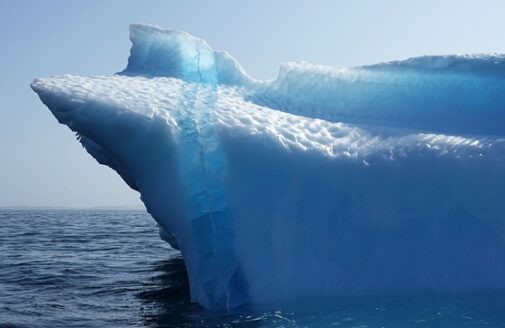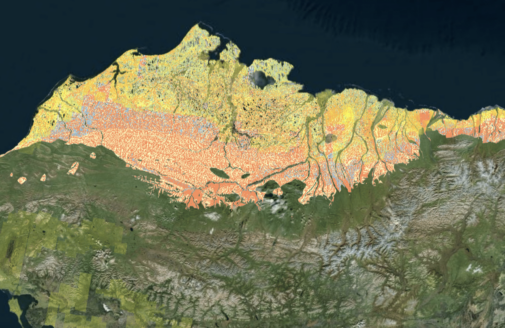Staff profile: Rachael Treharne
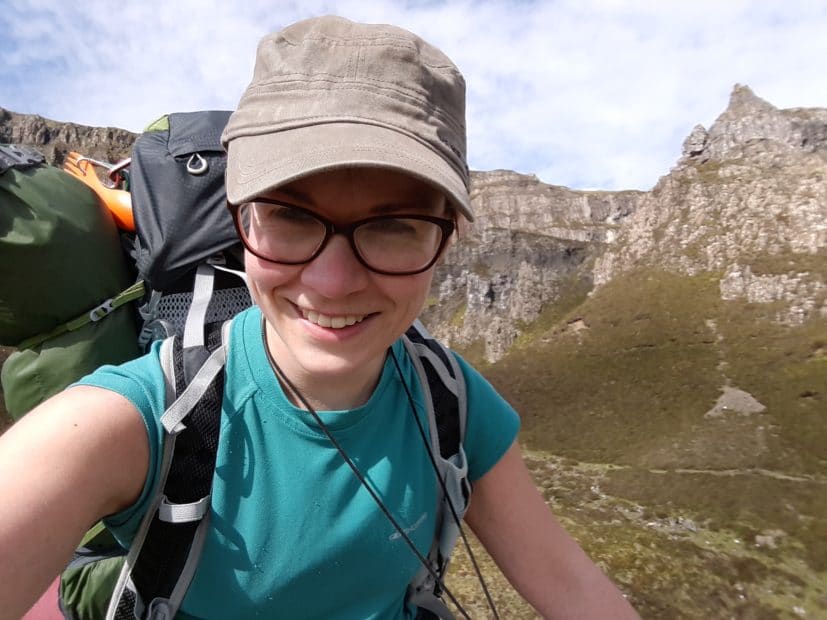
Photo courtesy of Rachael Treharne.
Dr. Rachael Treharne is an ecologist who studies Arctic disturbances and their impact on carbon cycling. She currently is working on a model that incorporates permafrost thaw and Arctic wildfires into global carbon emissions budgets, a departure from her field-based research. Additionally, Rachel is expanding her science communications and media work, bringing her findings directly to stakeholders and the public.
Why did you pursue a career in science?
I love research and am fascinated by the Northern ecosystems I work in, but I didn’t intend to pursue a career in science beyond my PhD. Because my motivation is with the urgent need for climate mitigation, I moved into a very applied role in carbon finance after finishing my thesis. This was a great experience but also made it clearer to me that there are still gaping holes in how climate science is understood and embedded in policy frameworks and mitigation efforts.
What questions does your research aim to answer?
We are ‘off the edge of the map’ with climate change; there is more carbon in the atmosphere than at any point in human history. I’m interested in questions that can help us fill in the new map of where we are now and where it looks like we’re going. A bit more specifically, I’m interested in how Arctic ecosystems and the reservoir of carbon they hold are responding to climate change, and what that means for future warming.
What’s your biggest challenge or obstacle?
I’m in a healthy and happy place today, but have struggled significantly with mental health problems, as well as my identity as a member of the LGBT+ community in the past. I’m extremely lucky that I’ve always felt welcome in science, but I’m acutely aware that the scientific community has work to do to make us a more inclusive and diverse workplace and to make sure that everyone can feel that way.
What brought you to Woodwell Climate Research Center?
I pursued a role at Woodwell because I wanted to work on filling some of the gaps in climate science and in brokering that science to policy and decision-making communities.
What makes Woodwell Climate special in the scientific community?
Climate scientists face a lot of challenges in bringing our science to where it can have real impact. The close connections between Woodwell and relevant policy communities mean that our science is uniquely targeted to decision-makers, and that we are able to really effectively communicate the implications of that science and create real impact.
If you could work on any climate science topic outside your current research area, what would that be?
The attribution of extreme events to climate change; putting a number on how much climate change has weighted the dice towards an individual extreme event.
What’s your favorite climate-related creative work (book, movie, artwork, etc.)?
The pink boat! In April last year I took part in the Extinction Rebellion actions which closed six key areas of London to traffic for almost two weeks. As part of these actions ‘Berta’, a pink boat emblazoned with ‘Tell the Truth’ and named after Honduran environmentalist Berta Cáceres, was locked onto Oxford circus. The pink boat is a potent symbol for change, while I think ‘Tell the Truth’ resonates with regard to the connection between science and advocacy.




